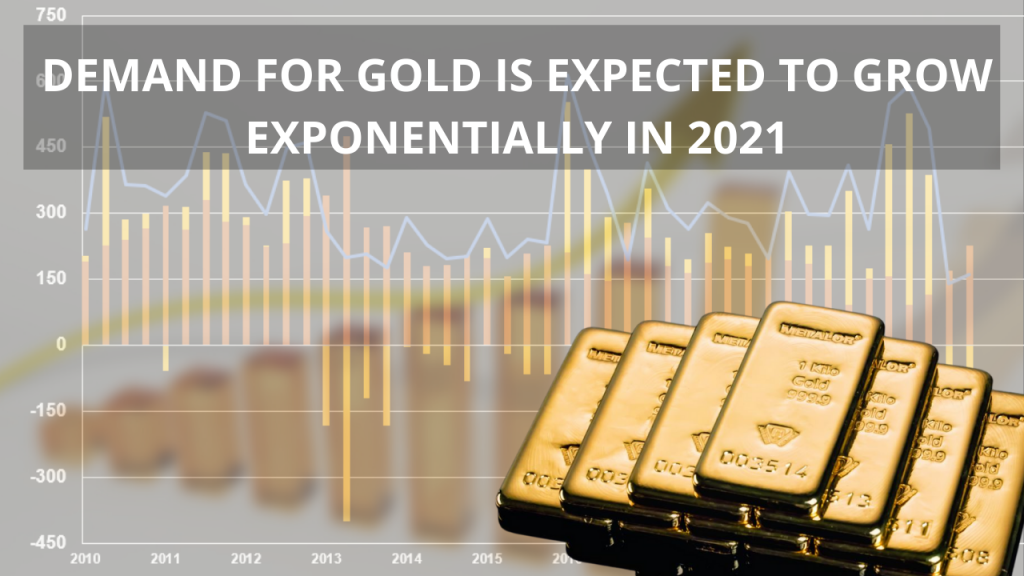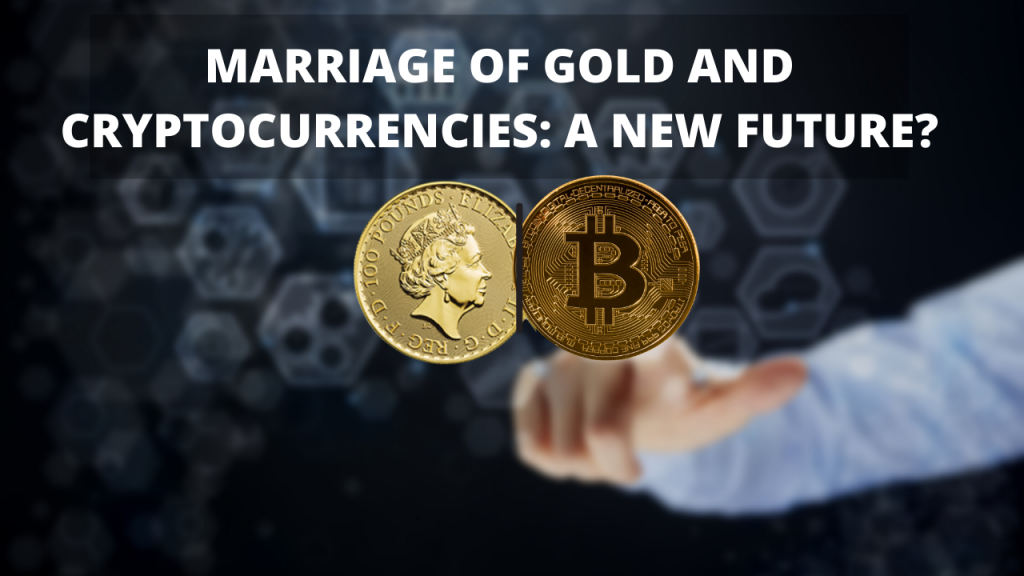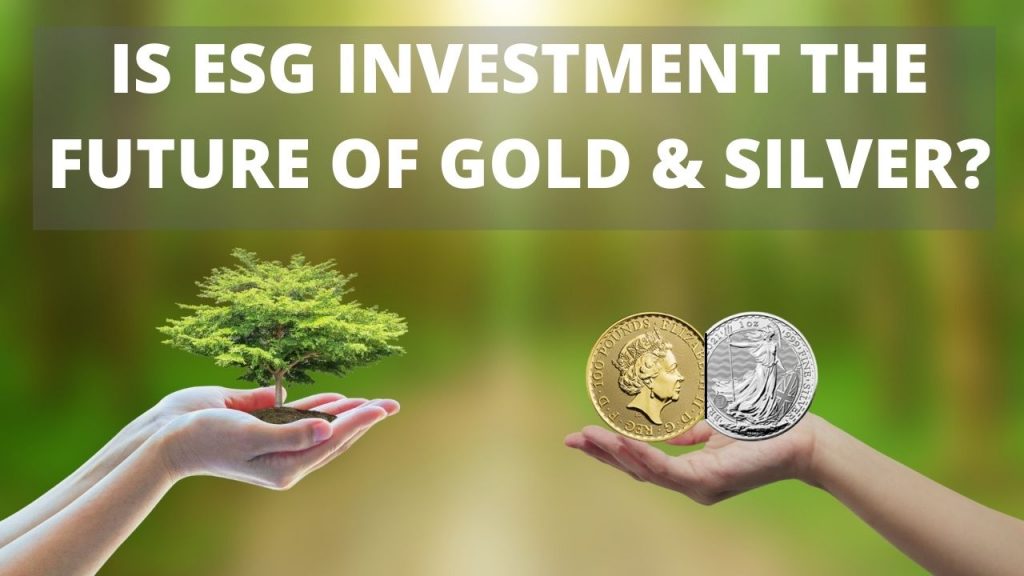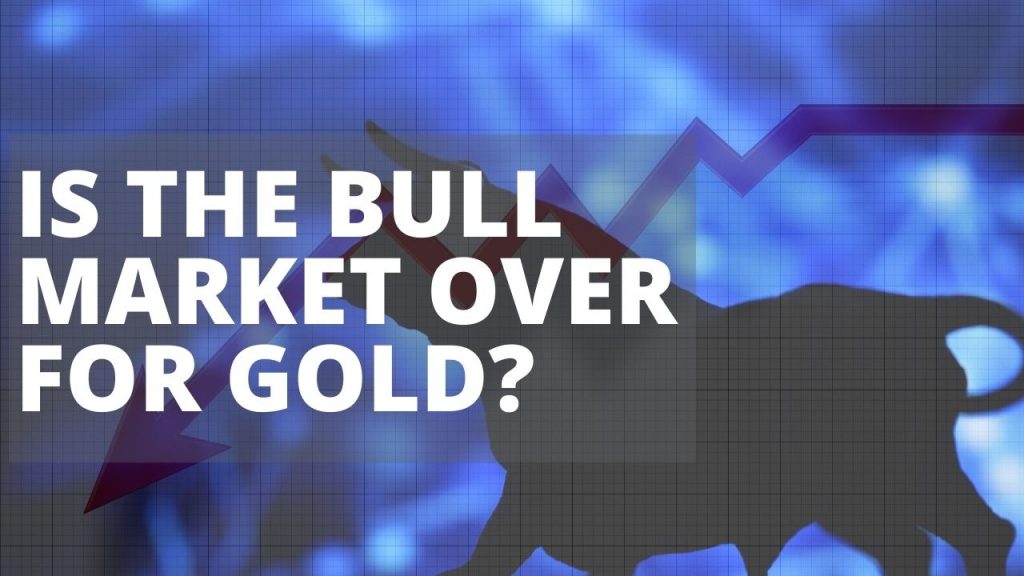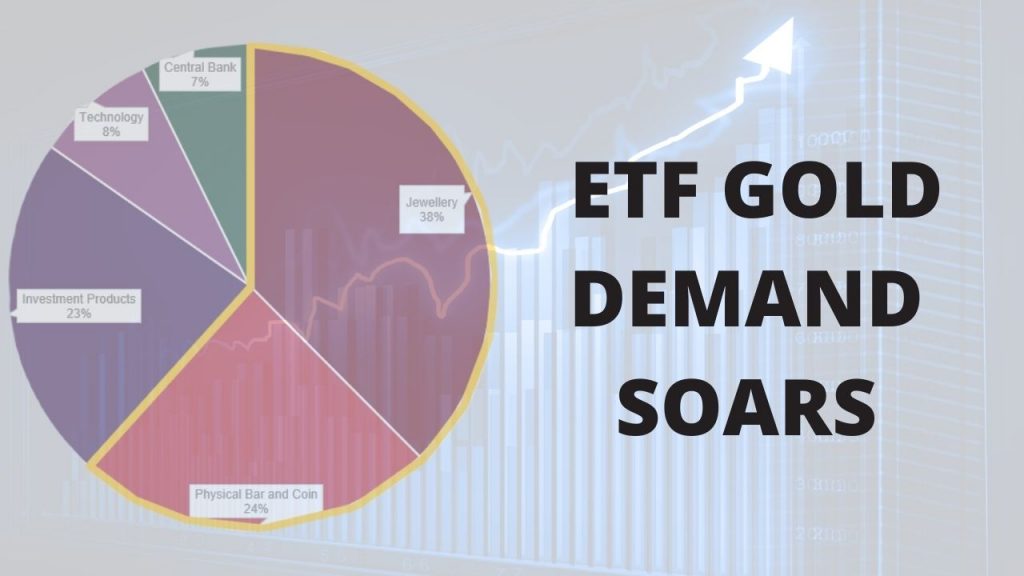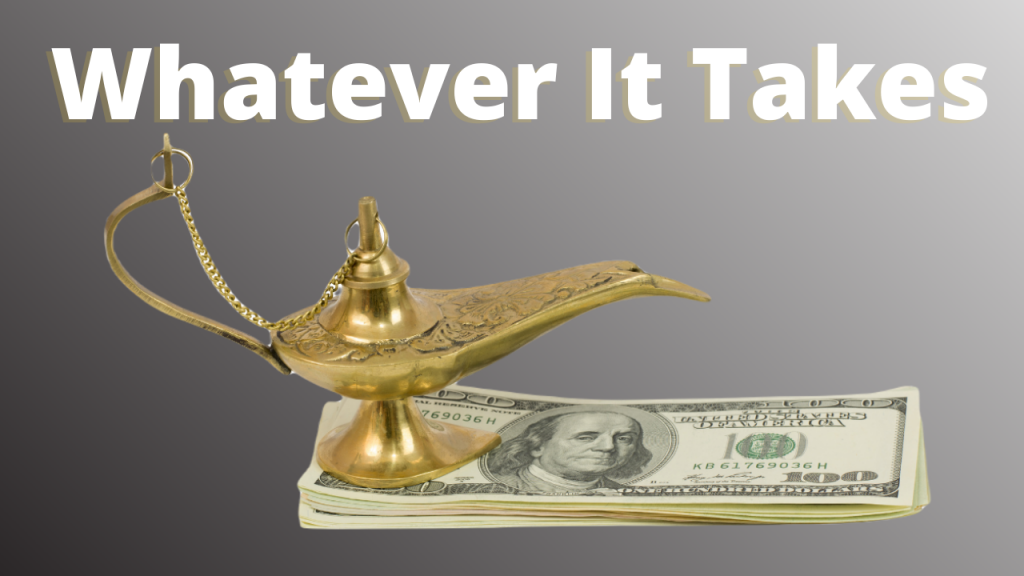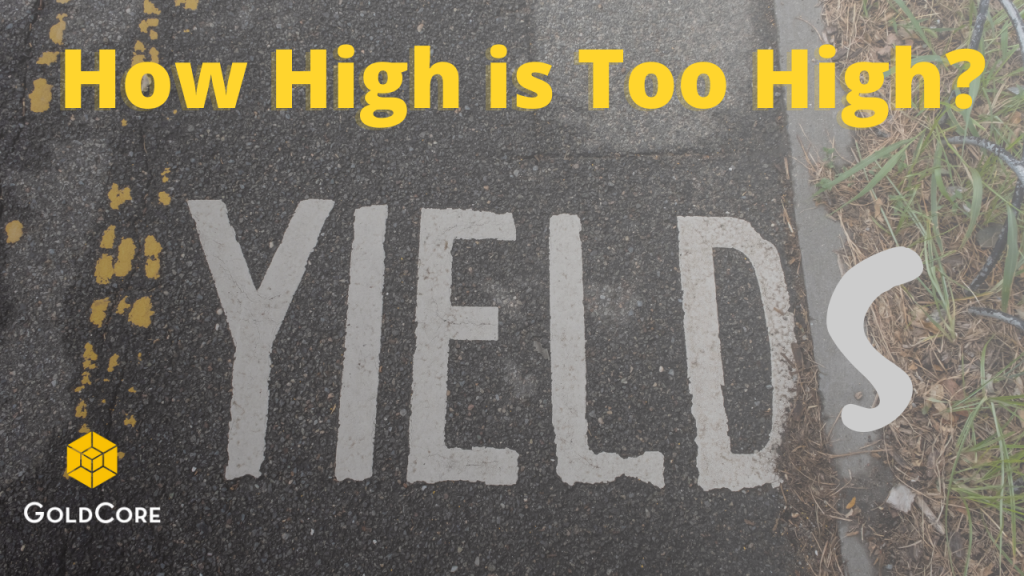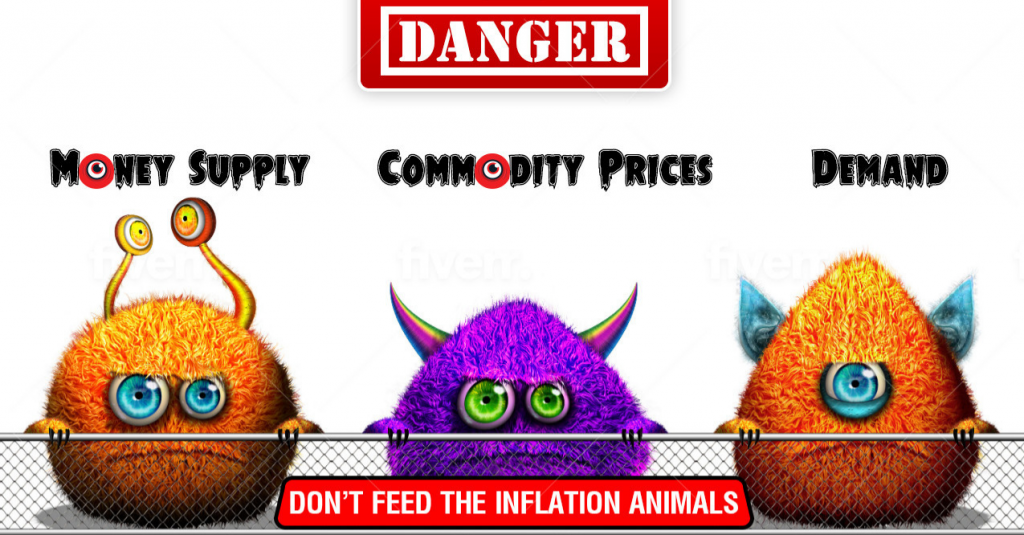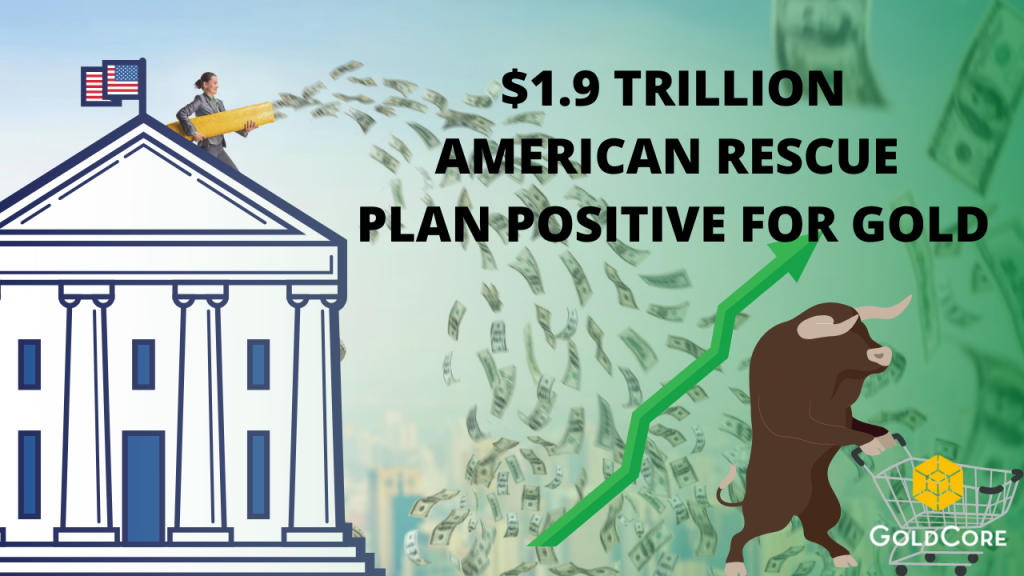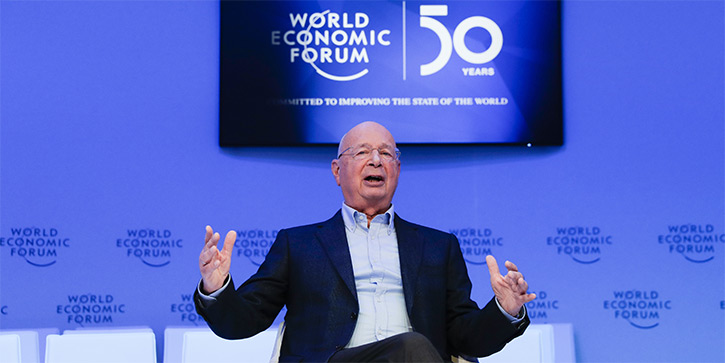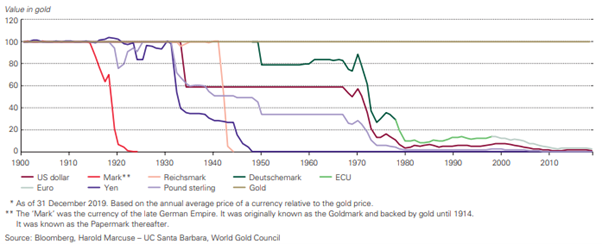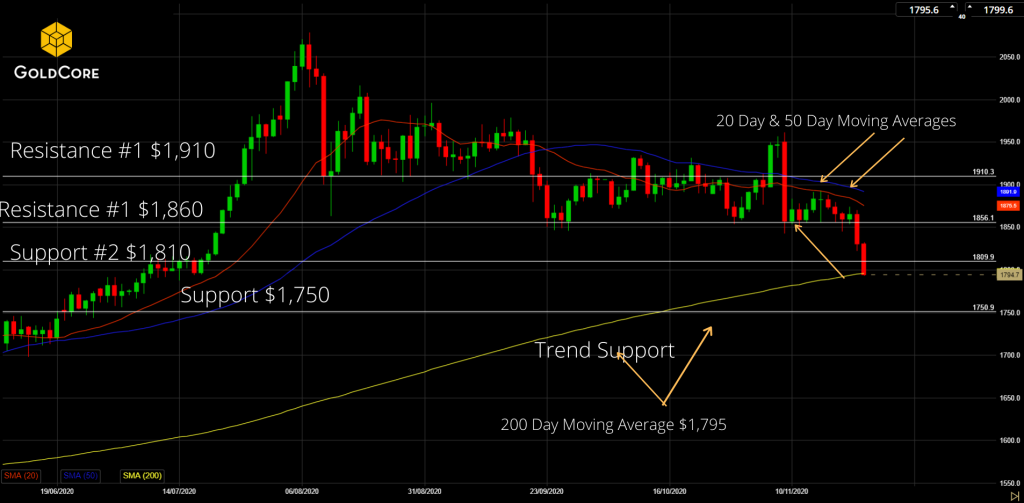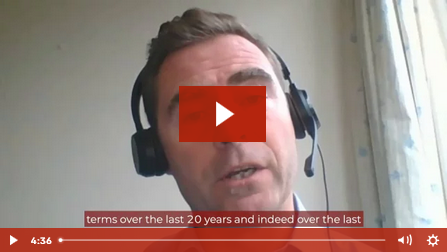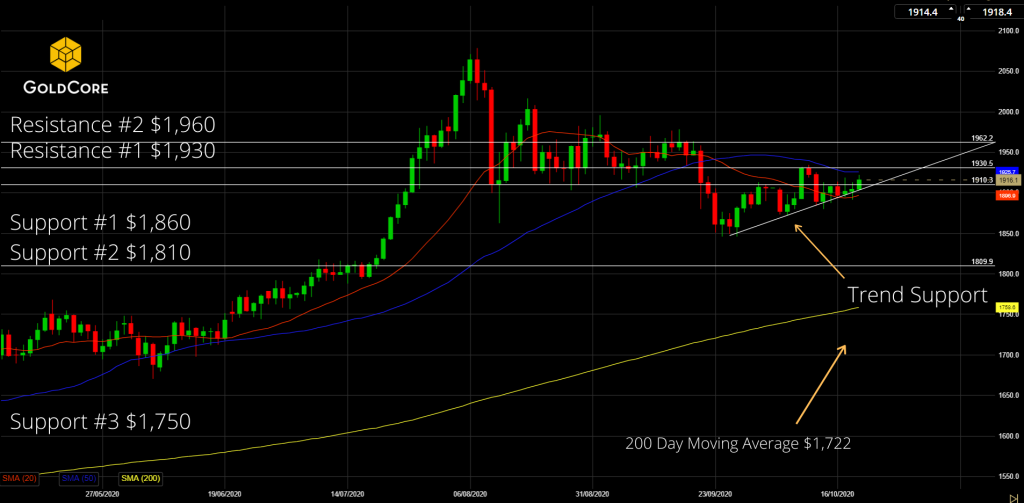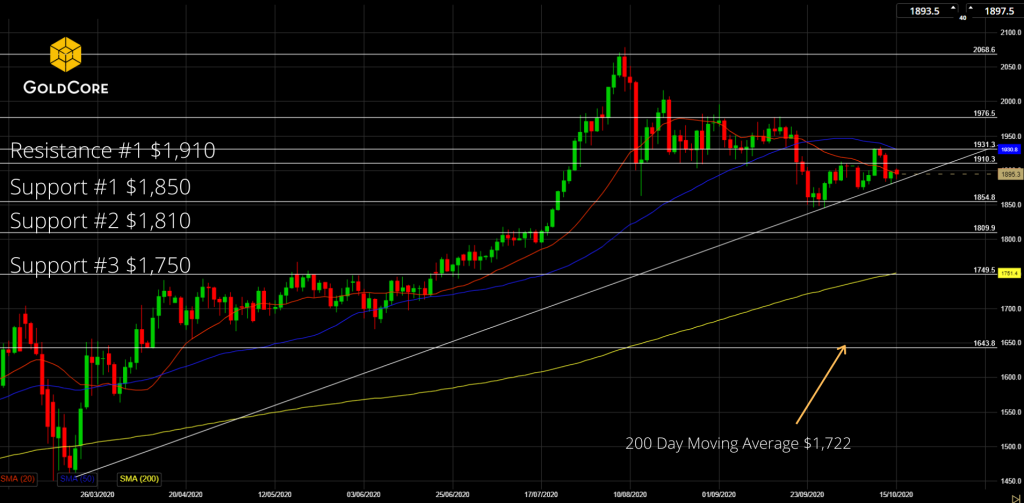Now, let’s be honest here. Central bank independence is a bit of an amusing idea in any case. It arguably hasn’t made much difference to monetary policy over the last two decades or so (the Bank of England became independent in 1997), because interest rates have been on a secular downtrend for that whole time.
If there’s one economic policy the leader of your country is unlikely ever to object to, it’s falling interest rates.
But now they’re raising rates. That’s a very different matter. People say that Trump is a “real estate guy”, so he likes low rates. Well, sure, I agree. But show me a politician who actually embraces higher interest rates.
Why would they? Raising interest rates is no fun for anyone involved. You are shutting down the sweet shop. You are removing the punch bowl. You are pooping the party.
The average politician, never mind Trump, is going to find it hard to stand by and silently watch that happen. A good scapegoat is hard to find, so why pass it up when the central bank gives you such an easy target?
And central banks make a very good scapegoat right now. After all, despite their “political independence”, they’ve actually been pretty politically active over the last decade or so.
Central bankers – as any Bank of England member will tell you – have been largely forced into making decisions that they’d rather not have made, all about redistributing wealth from one group of people to another.
The currency wars turn nasty
As BoAML puts it, “central bank policies of QE, NIRP, ZIRP have unquestionably exacerbated the gap between Wall St & Main St in past decade”.
Of course, Trump is unlikely to come right out and scrap central bank independence. But he can still make life harder for Fed chief Jerome Powell and pretty much get his own way by making a big noise about it – similarly to the way he’s been able to undermine the global trading rules by simply bypassing them through using loopholes.
As Katherine Greifeld puts it on Bloomberg, Trump has also spotted that China is allowing the yuan to fall steadily, and that the EU – under the auspices of European Central Bank boss Mario Draghi – arguably has a “weak euro” policy.
This is nothing particularly new. A covert form of currency war has been going on ever since the financial crisis. However, in the old days, it was quite a gentlemanly form of warfare, where the protagonists took turns. For a few months, one country would enjoy the benefits of having the weakest currency. Then it would be someone else’s turn.
Those days are gone now. With Trump getting shirty about trade, China has stopped trying to keep the yuan propped up (so as to lower the price of its exports).
If Trump and China and the EU start trying to play “who can have the lowest currency”, then that’s another piece of the inflationary protectionism jigsaw puzzle falling into place.
If all the world’s currencies are competing for bottom place, they can’t all win.
But as one of the few currencies that isn’t beholden to a government for its ultimate value, gold is more likely than not to be a beneficiary of any escalation of the currency wars.
This article is from free daily investment email Money Morning
![]()
Tags: Daily Market Update,newslettersent




















